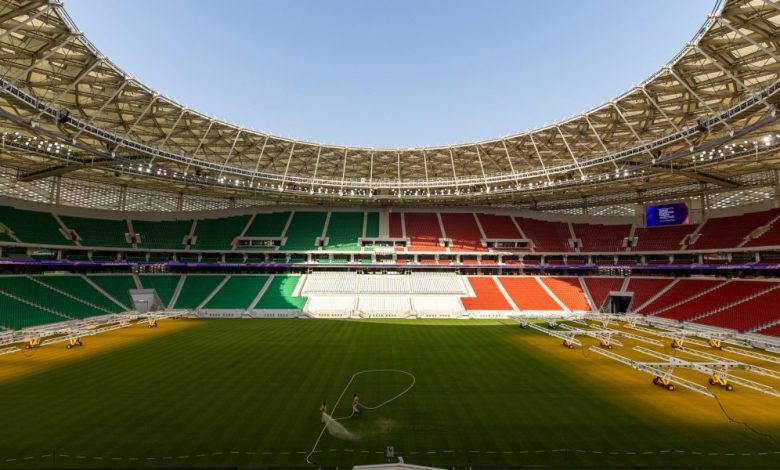Qatar just spat in the face of Budweiser’s $75 million World Cup sponsorship

For many sports fans, going to a game and drinking a beer go hand in hand. AB InBev’s Budweiser is aware of this and spends approximately $75 million every four years to become the official beer sponsor of the World Cup.
But now, in a stunning reversal just before kick-off on Sunday, host country Qatar – a Muslim-majority nation that will become the first in the Arab world to host the event – says it will ban alcohol sales in World Cup stadiums , which it had originally agreed to have.
The abrupt turnaround creates an awkward situation for FIFA and AB InBev. The company tweeted in response to the ban, “Well that’s awkward,” but then loudly deleted the tweet Wall Street Journal.
This was announced by a spokesman for AB InBev wealth“Some of the planned stadium activations cannot go ahead due to circumstances beyond our control.”
FIFA shared a statement wealth Tournament organizers “appreciate AB InBev’s understanding.” It added that the sale of alcohol will continue to be permitted at “FIFA Fan Festival, other fan destinations and licensed venues” and that non-alcoholic Bud Zero will continue to be available in tournament stadiums becomes.
But AB InBev has made a bigger than usual effort to bring its beer to the tournament, which runs until December 18th.
Peter Kraemer, AB InBev’s chief supply officer, described to Bloomberg earlier this month the logistics involved in transporting and storing its product and said the company expects more beer to be consumed than usual during the World Cup was the case in Qatar for a whole year.
The company, which has no breweries in the area, had to ship its product to Qatar by sea freight, find refrigerated storage space in a country with oppressive temperatures, and train workers to properly serve its beer.
“Beer is a perishable product so it’s always best when it’s packaged,” Kraemer told Bloomberg. “We control our supply chain very closely in terms of the time it takes for products to get from point A to point B and then also the conditions under which they are shipped to preserve the flavor of the beer.”
Qatar is strict on alcohol, but not entirely dry. There is only one alcohol distributor in the whole country, the Qatar Distribution Company. Overpriced beer, wine, and spirits can be bought at establishments associated with high-end hotels, where expats routinely get drunk, but bartenders avoid serving women in traditional attire. Public drunkenness is technically illegal and carries a penalty of up to six months in prison.
Other controversies have also plagued hosting the event in Qatar, including the country’s treatment of migrant workers and a lack of LGBTQ+ rights.
Our new weekly Impact Report newsletter will examine how ESG news and trends are shaping the roles and responsibilities of today’s leaders – and how best to address these challenges. Subscribe here.



